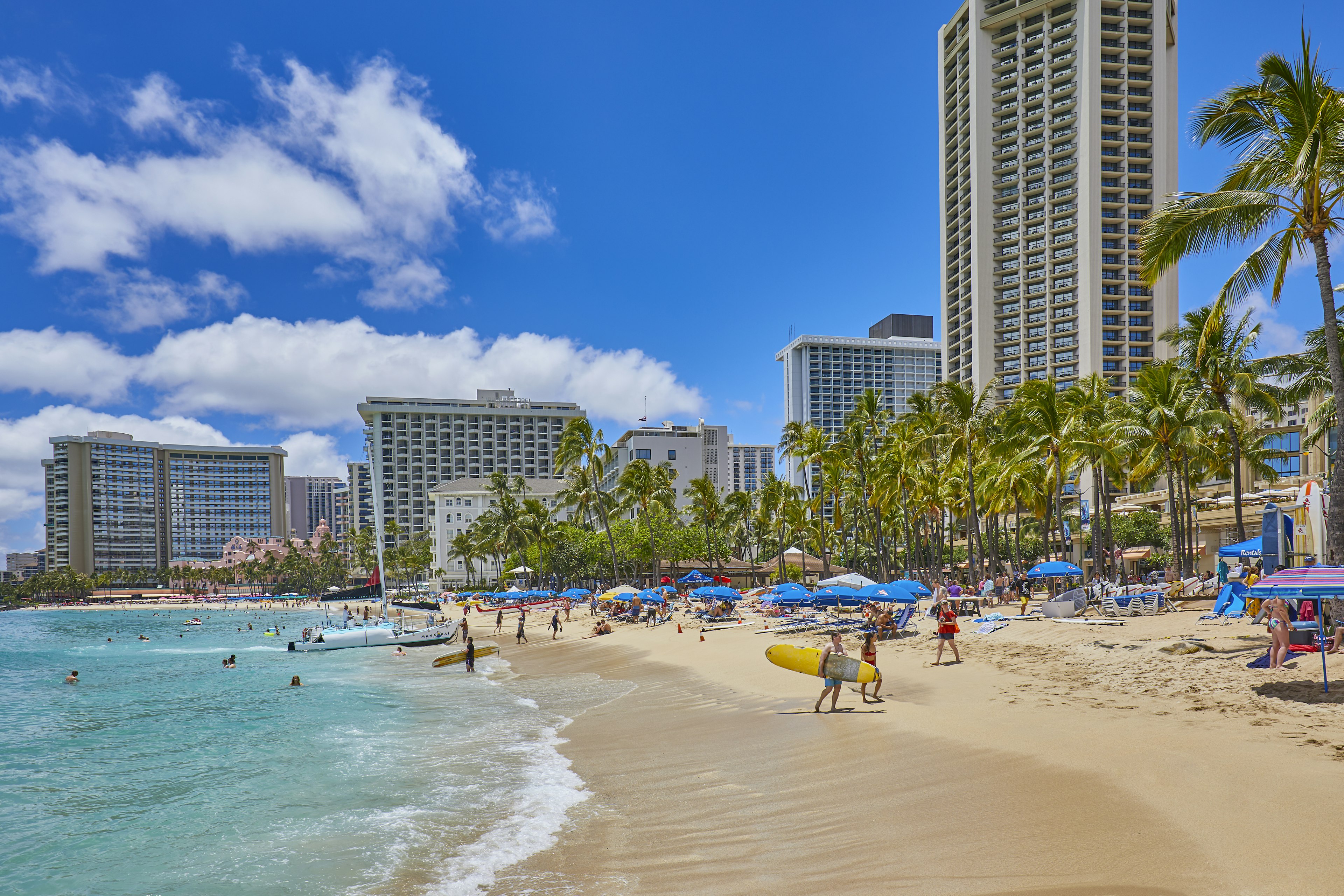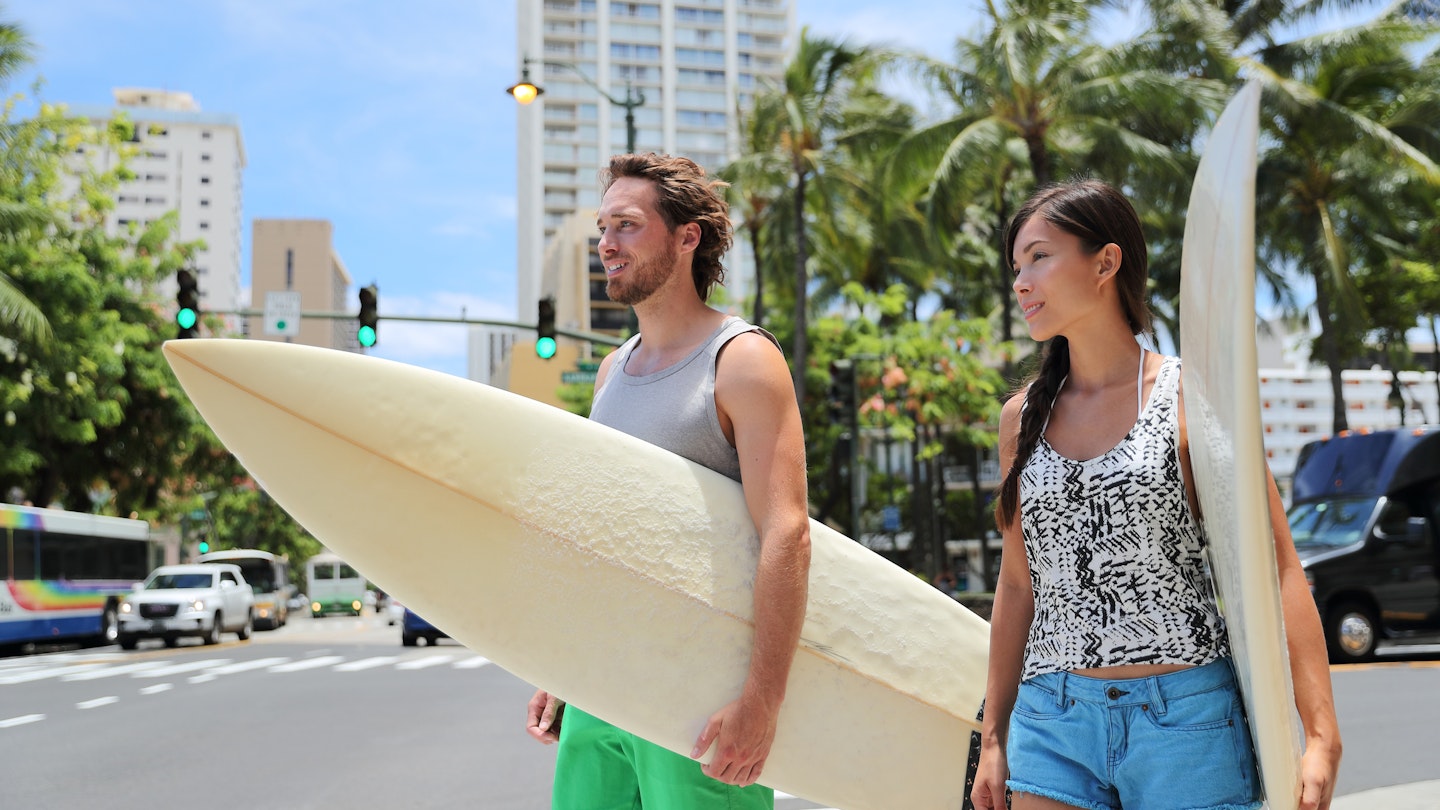1. New Regulations on Short-Term Rentals in O’ahu
2. Impact on Travelers
3. Community Perspectives
4. Legislative Process and Future Considerations
Honolulu mayor Rick Blangiardi has signed a bill into law that mandates a 90-day minimum stay for individuals booking Airbnbs and other short-term rental accommodations outside resort areas in O’ahu.
The bill, which increases the minimum stay for short-term rentals in residential neighborhoods from 30 to 90 days, was signed on April 27 and will take effect on October 23.
“This bill is about getting our neighborhoods back, protecting local communities and preserving our natural resources for decades to come,” Blangiardi tweeted.
For travelers, this change means that if you are planning to visit O’ahu and wish to experience local life by renting an apartment or house in a residential area, you may need to reconsider and opt for traditional hotel accommodations instead.
O’ahu, a destination significantly affected by issues linked to overtourism, including rising rental costs, has advocates who believe the new regulations will boost housing availability for long-term rentals in an area where apartments are scarce. Consequently, they also hope to diminish the transient population in residential zones.

In an interview with Honolulu Civil Beat, Dean Uchida, Director of Honolulu’s Department of Planning and Permitting (DPP), stated that officials aim to restore some balance within residential neighborhoods.
“The pandemic showed us what neighborhoods could be like with fewer vacation rentals,” Uchida said. “Residents truly appreciated that environment.”
While short-term rentals of less than 90 days will be prohibited in residential regions, they will still be permissible in resort areas, including Waikiki, Ko Olina, Turtle Bay, and certain surrounding locales.
In a statement, local housing organization Keep It Kailua expressed its support for the bill, asserting that short-term rentals disrupt residential communities and worsen the existing housing crisis.
“There is not only a lack of homes for local families, but the price of residentially zoned homes and long-term rentals is simply beyond reach for most residents. Vacation rentals in these zones escalate the number of tourists visiting O’ahu to unsustainable levels and foster tourism sprawl,” they explained.

Nevertheless, not all locals agree that this legislation is a positive development. Critics argue that the new policy may negatively impact individuals who depend on short-term rentals for their livelihoods or urgent needs.
Robin Erb, Regional Director for World Surf League Hawaii, highlighted that the restrictions on affordable short-term rental options could adversely affect the local surfing industry, particularly during competitions when international surfers and judges converge in town for brief visits. “A 90-day requirement is simply impractical for our surfers and workers,” she told Hawaii News Now.
In a written testimony to the Council, the League pointed out that “there is not a single 90-day period within the North Shore surf calendar that justifies any traveling surfer or worker staying 90 days on O’ahu,” stressing that many surfers might struggle to manage the typically higher lodging costs in resort areas to which they are now directed.
Airbnb expressed its thoughts on the regulations, advocating for exceptions for individuals such as medical workers, military personnel, and nonprofits that require short-term rentals on O’ahu. They noted that during the pandemic, healthcare professionals, emergency responders, and patients relied heavily on temporary accommodations.
“Moreover, disaster relief workers and displaced residents often seek our platform for medium-term housing after natural disasters, including the 2018 Kilauea volcano eruption on the Big Island, during which Airbnb Hosts provided shelter without charge to these individuals,” said Toral Patel, Airbnb Hawaii’s Public Policy manager.
Despite some local opposition, the council ultimately voted 8-1 in favor of the bill on April 13, concluding that any economic gains from allowing tourism in residential areas are significantly overshadowed by the negative consequences for communities and local inhabitants.
The law is set to be implemented on October 23, 2022.




